The practice of microdosing comprises tiny doses of psychedelic substances, namely 5–10% of the amount taken to induce a trip. Said doses are taken daily for several days, with varying days “off” depending on the protocol. While anecdotal accounts indicate promising benefits for mental health, actual studies of microdosing LSD are few and far between.
What is microdosing?
Simply put, microdosing is the practice of taking minute doses of anything. In our context, it is low doses of psychedelic drugs.
Psychedelics are substances that induce a set of complex effects on the mind and body with the most notable ones being visual, sensory and auditory hallucinations. Some common psychedelics are LSD, psilocybin mushrooms, ayahuasca and DMT.
The first evidence of microdosing dates back to the early 16th century, with the notes of a Spanish friar describing how Aztecs took low doses of psilocybin (the active ingredient in magic mushrooms) to relieve fever and joint pain. Research around psychedelics became prevalent following the discovery of LSD in 1943. Some claim that it was LSD that brought about the discovery of the double-helix structure of DNA, along with additional major scientific breakthroughs. Apple founder Steve Jobs has made claims that he owes his achievements and developments to the effects of LSD.
The plethora of accounts regarding the tremendous benefits of microdosing psychedelics is still powerless against government concerns on abuse, which make legal restrictions remain as they were for the past 50 years. Hence, scientific research is extremely limited and evidence to support or reject the use of psychedelics microdosing even more so.
How does microdosing LSD work
The microdosing of LSD comprises LSD doses that are so small that they do not induce mind-altering effects. These doses are typically taken routinely, once a day for a certain period. The exact amount of LSD in microdosing varies by user and protocol. Generally speaking, microdosing usually refers to one-tenth to one-twentieth of a macrodose (recreational).
A 2019 online survey revealed that the most common dose was 10 micrograms (mcg). According to that survey, most microdosers follow one of three microdosing protocols:
· Microdosing every other day
· Microdosing for two consecutive days followed by two days “off”
· Microdosing over the weekdays and no doses whatsoever on Saturday and Sunday
Most respondents to the survey said they were microdosing for one week at a time and up to two years. The survey also revealed that about 50% of microdosers have their own protocol.
Health benefits of microdosing
The actual benefits of microdosing LSD have yet to be established in a formal research. One of the few modern studies exploring this subject, found no impact on mental focus.
Most claimed studies on microdosing of psychedelics are no more than online surveys comprising only personal accounts by users with no controlled information regarding their source of the substance and their personal background. This type of information, which is considered unreliable, only reinforces claims about any benefits being merely the result of a placebo effect.
If you’re willing to rely on anecdotal evidence and preliminary research, microdosing LSD may have various mental benefits such as:
· Relief of depression
· Improving cognitive abilities
· Alleviating the symptoms of ADD
· Increasing energy
· Reducing anxiety
· Mitigating the effects of trauma
· Reducing craving and help in overcoming addictions
· Alleviating pain
· Alleviating migraines and headaches
· Improving sleep quality
· Enhancing sensory perception
· Improving cardiovascular endurance
· Improving emotional balance and mood
A 2020 study also found that:
· 21% of respondents said they turned to microdosing due to depression
· 7% microdosed to reduce anxiety
· 9% microdosed to seek relief for other mental health conditions
· 2% microdosed to reduce or cease addiction
Between the 1950s and 1970s, while LSD research was widely popular, LSD was examined as a means to treat mental conditions such as:
· Depression
· Anxiety
· Addiction
· Psychosomatic symptoms
Can microdosing be considered substance abuse?
While there is no specific rule to determine what substance abuse is, the generally accepted definition is the use of any substance (mainly prescription or illegal drugs and alcohol) in excessive amounts or for other purposes than originally intended, in a manner that disrupts a person’s proper functioning.
The DSM-5, 5th edition of the globally accepted psychologic “handbook”, defines hallucinogenic substance abuse as “A problematic pattern of hallucinogen (other than Phencyclidine) use leading to clinically significant impairment or distress as manifested by two of the following, occurring within a 12-month period.”
By these two definitions, microdosing LSD dose not satisfy the conditions for substance abuse since it is practiced for wellbeing, and mainly due to its core characteristic – minute doses. Nonetheless, psychedelics are still considered illicit drugs in most countries despite increasing evidence of their potential benefits in treating numerous conditions.
Risks and addiction
Microdosing LSD has yet to exhibit any notable risks or a potential for abuse. However, studies on rodents found that daily low doses of LSD over a period of several months resulted in the following side effects:
· Aggression
· Hyper reactivity
· Reduced ability to feel pleasure
all of which lasted over several weeks.
Some psychedelic drugs including LSD have an impact on serotonin receptors, which can potentially cause serotonin syndrome, resulting in tremors, muscle twitching and hyperthermia.
LSD, especially in very small doses, is generally considered as non-addictive, and there is no evidence of substance abuse associated with LSD.
Other side effects
A 2019 survey about the use of LSD has one-fifth of respondents report negative side effects, mostly psychological.
In studies on rodents and other studies, microdoses of LSD have been shown to cause:
· Numbness
· Migraines
· Frustration
· Fear
· Unregulated body temperature
· Insomnia
· Racing thoughts, poor memory, and confusion
· Reduced appetite
· Anxiety
· Gastrointestinal issues
· Reduced energy
· Bad mood
· Impaired focus
Microdosing LSD vs psilocybin
As with LSD, the practice of microdosing magic mushrooms is also limited. What we do have are personal accounts collected through surveys in which microdosers of magic mushrooms reported:
· Mitigated stress
· Enhanced cognition
· Reduced cravings and addiction
· Increased energy
· Enhanced visual and language capabilities
· Improved productivity
· Increased spiritual awareness
· Enhanced creativity
· Reduced pain
· Improved mood
· Reduced anxiety and depression
As “proof” of their potential benefits, clinical trials conducted in the 1950–1970s explored the use of psilocybin mushrooms to treat:
· Depression
· Schizophrenia
· OCD
· Alcoholism
· Autism spectrum disorders
Microdosers of magic mushrooms also reported experiencing negative side effects, such as:
· Overstimulation
· Cognitive interference
· Physical discomfort
· Emotional difficulty
· Anxiety
While Western Society is relatively recently becoming aware of some of the benefits presented by psychedelics, ancient cultures around the world have used them for thousands of years as part of religious ceremonies and for their healing qualities.
Summary
LSD was discovered in 1943, and is classified as a psychedelic substance.
Microdosing of LSD is a practice that comprises the ingestion of tiny doses of LSD for a specific period of time. Advocates of microdosing and anecdotal reports indicate that this may present health benefits, mostly mental, including improved productivity and mood, and reduced depression and addiction.
Such claims require formal clinical research to be considered well established. Unfortunately, most research to date rely primarily on personal reports by self-medicated individual. Additional reports reveal negative effects when stopping of microdosing, such as hyper-reactivity and increased aggression. Hence, research on the effects of LSD, its risks and benefits must continue with controlled studies before we can hopefully have confidently assert that it is in fact what it is claimed to be.
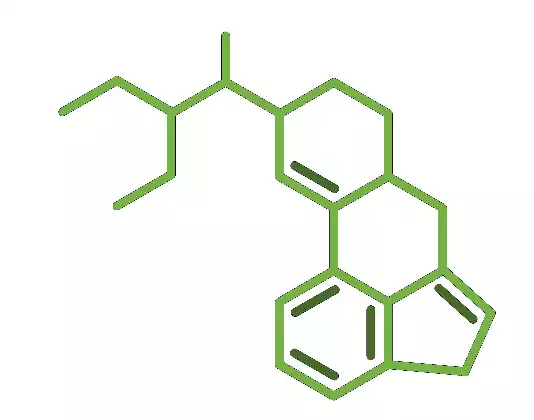
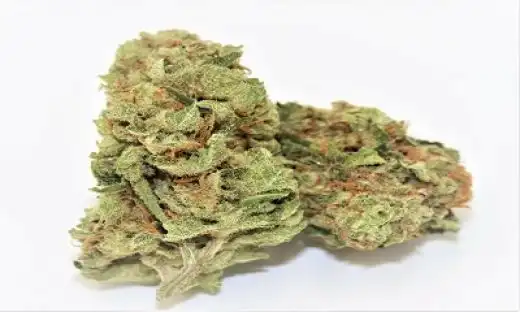

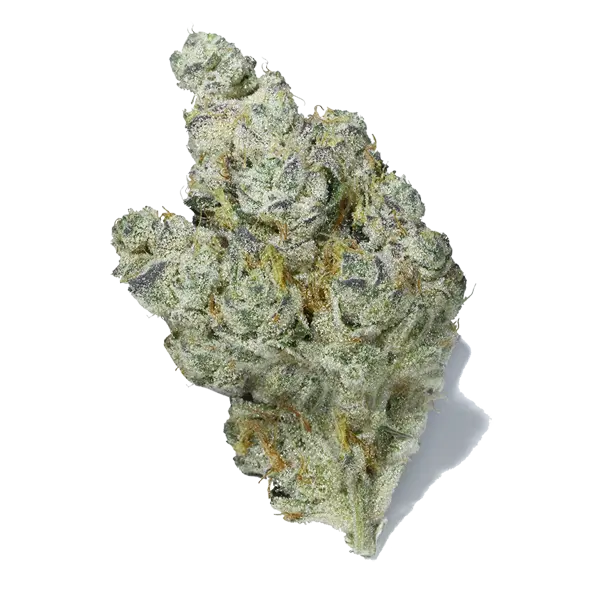
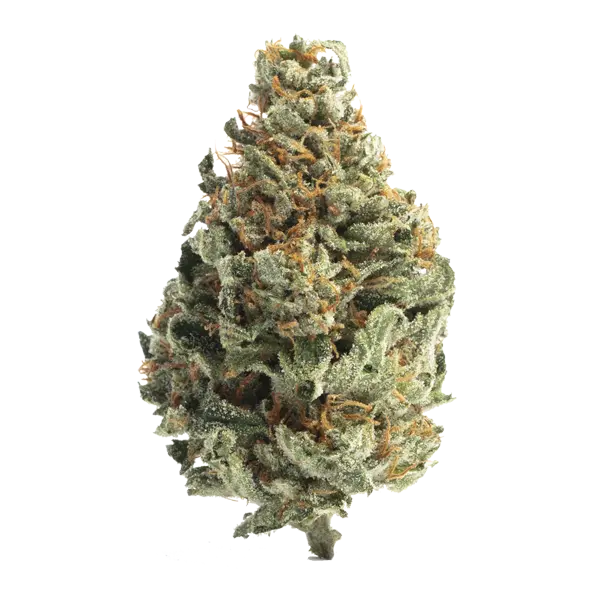
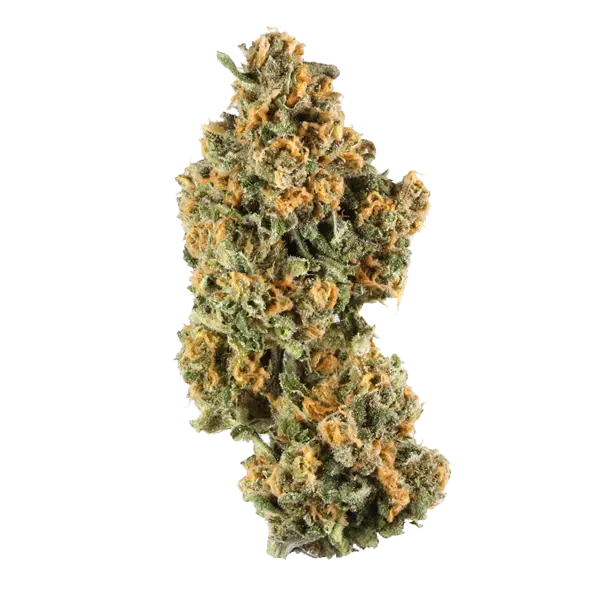
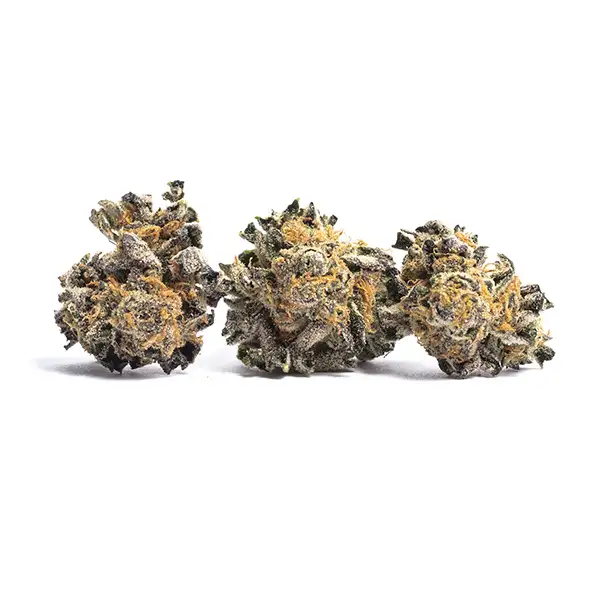
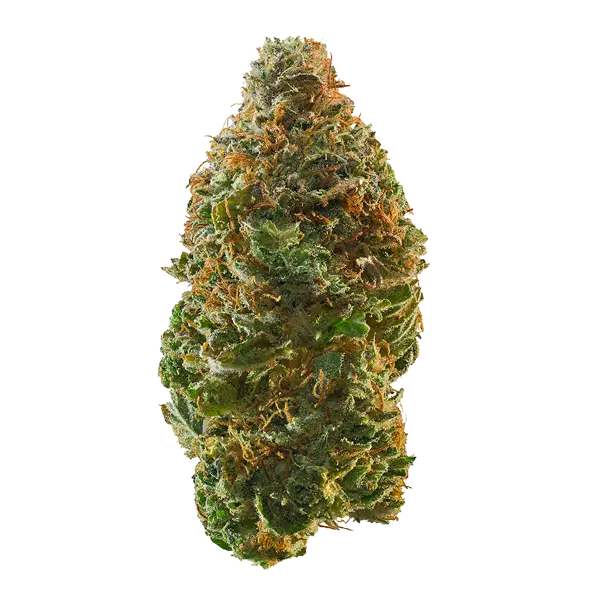
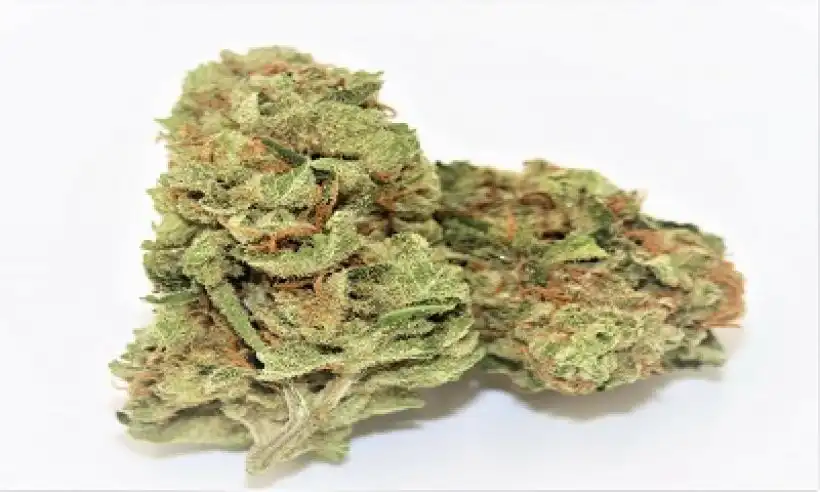
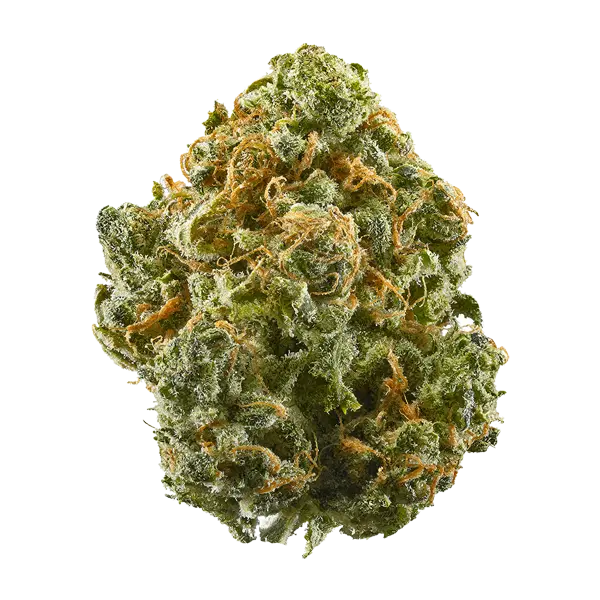
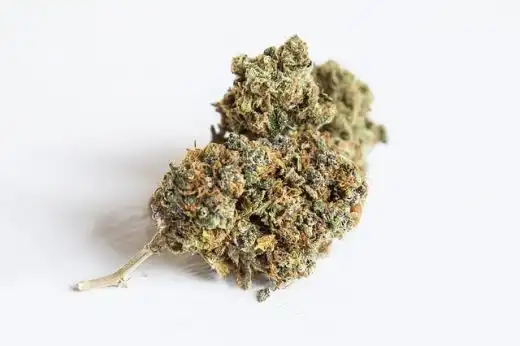
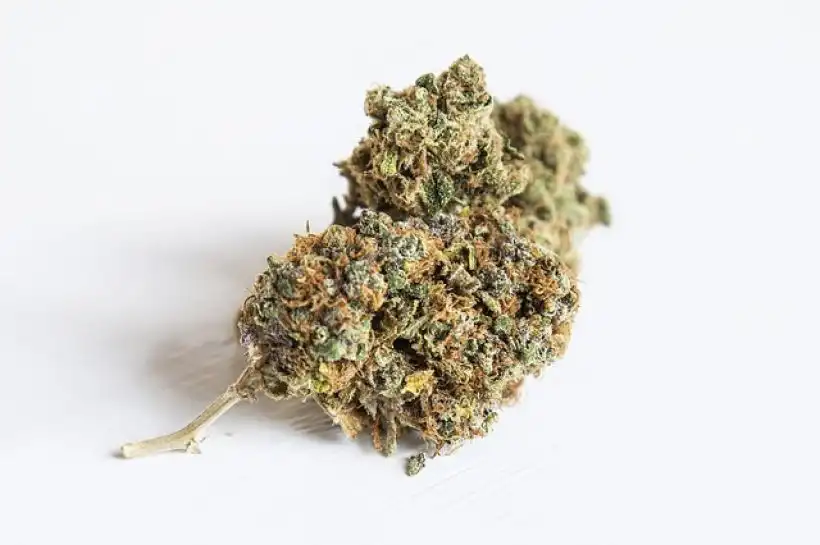
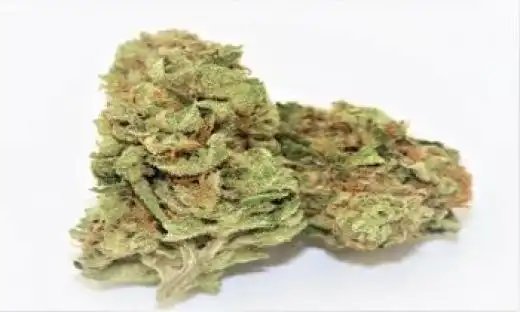
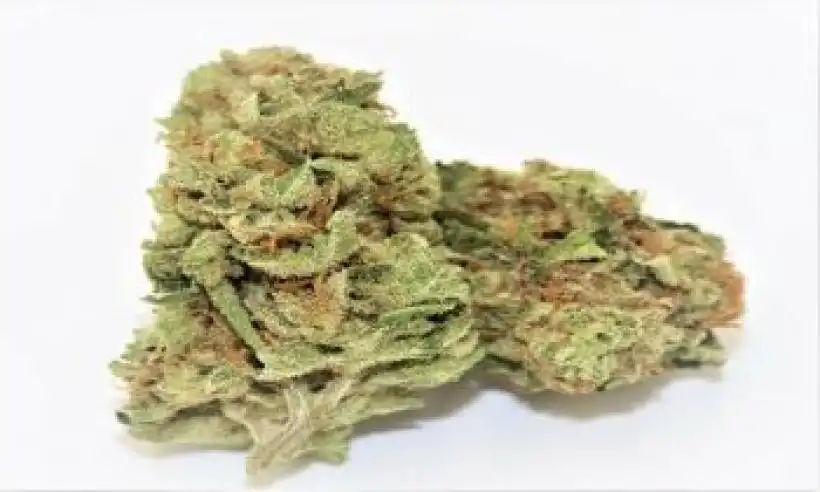
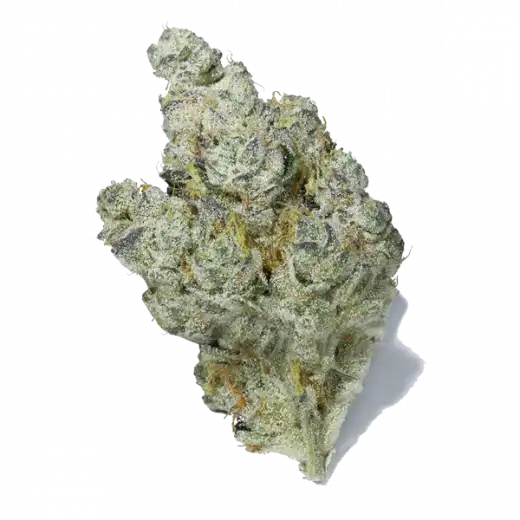
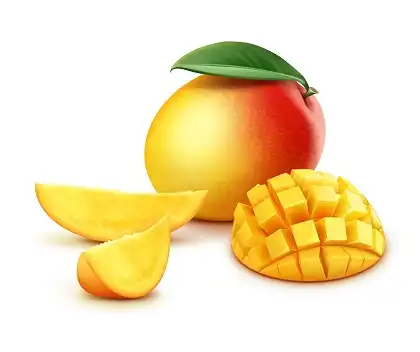
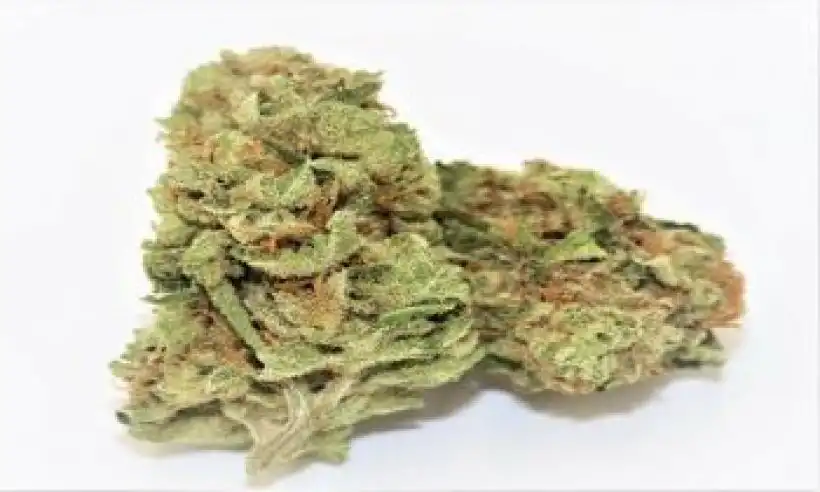
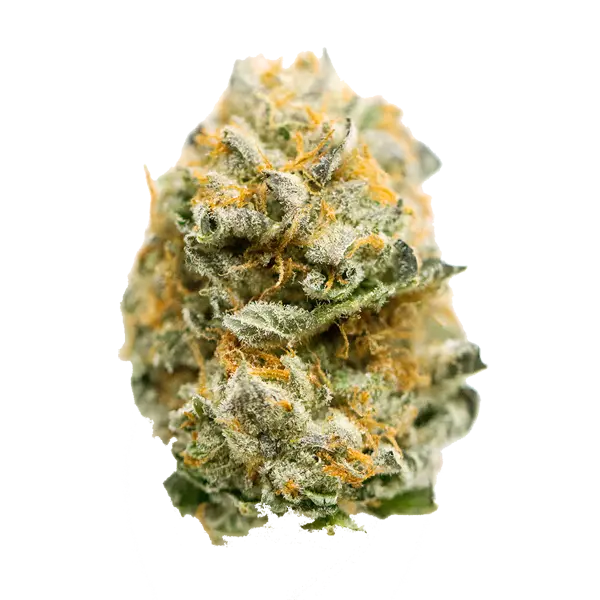
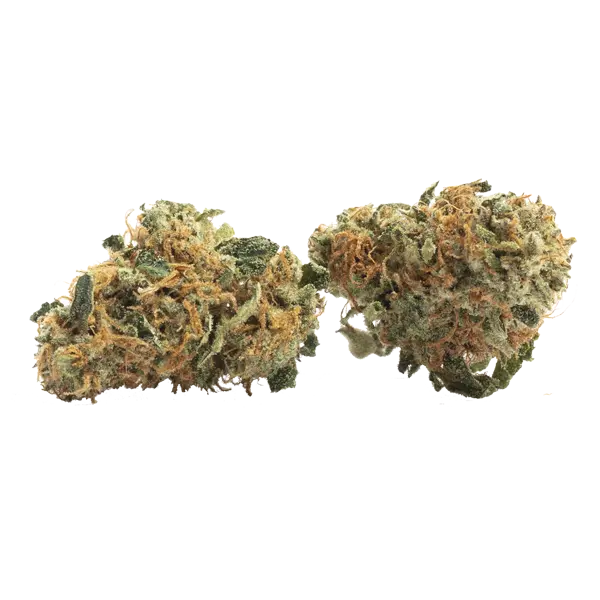
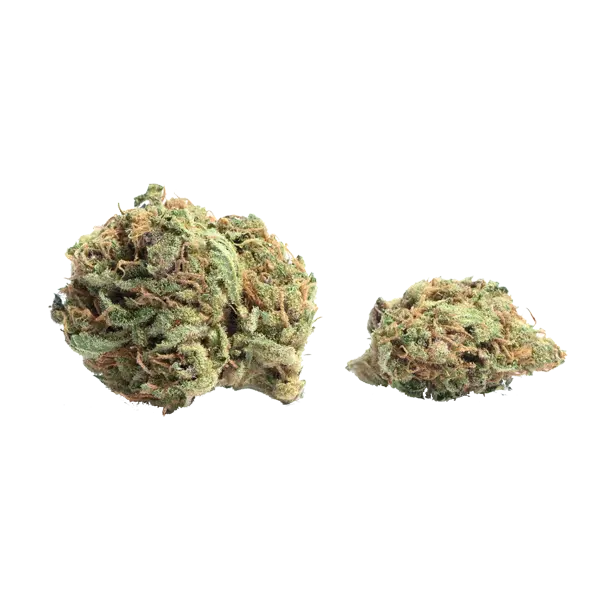

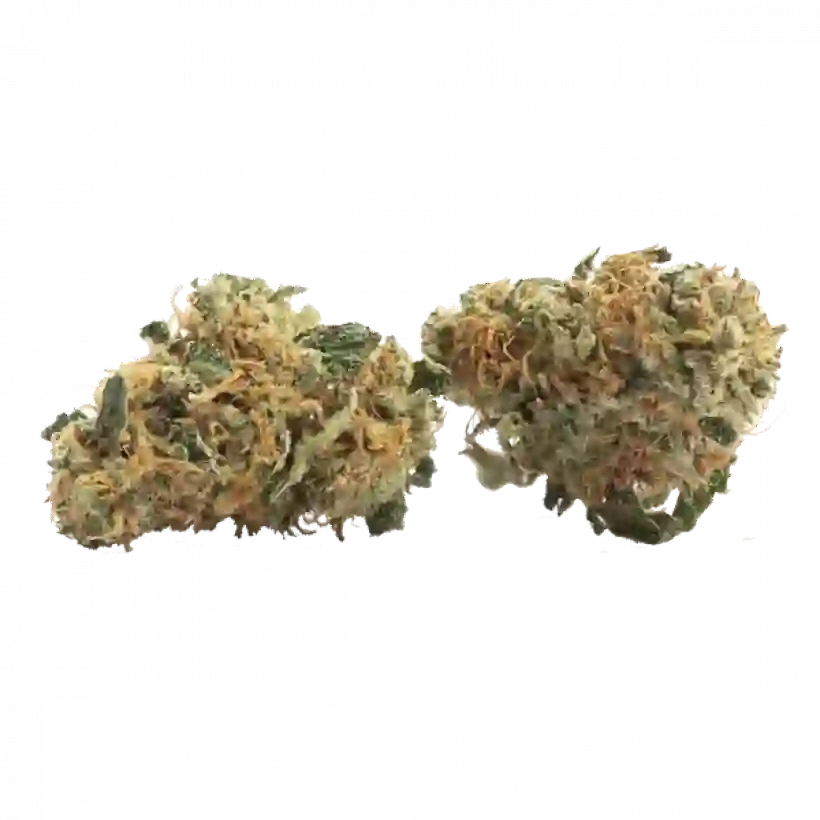
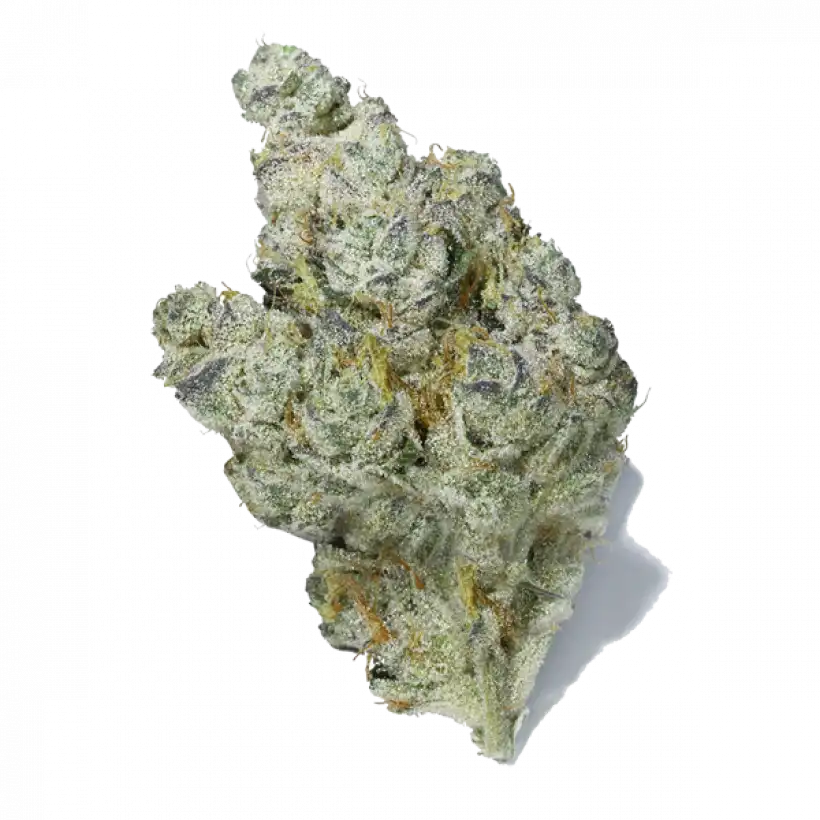
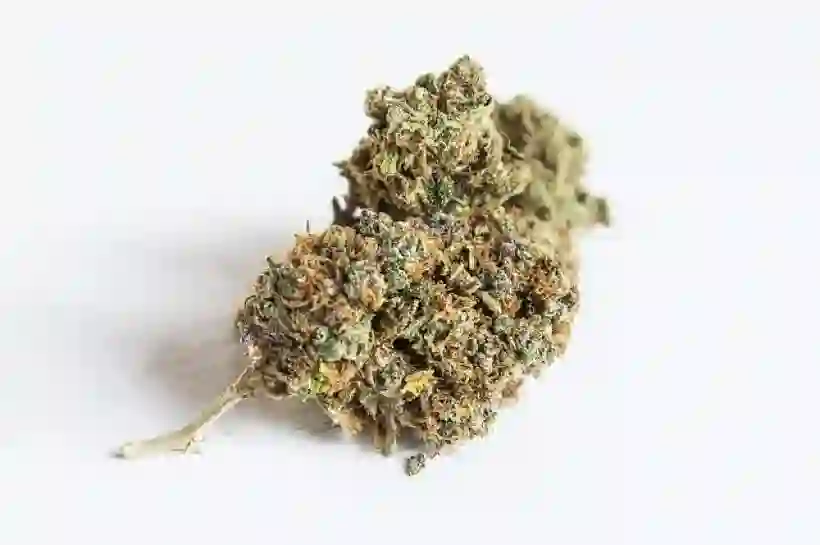
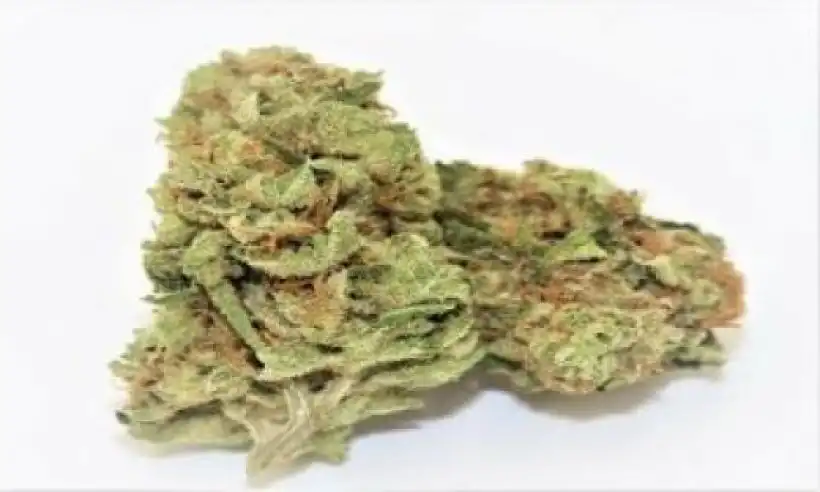
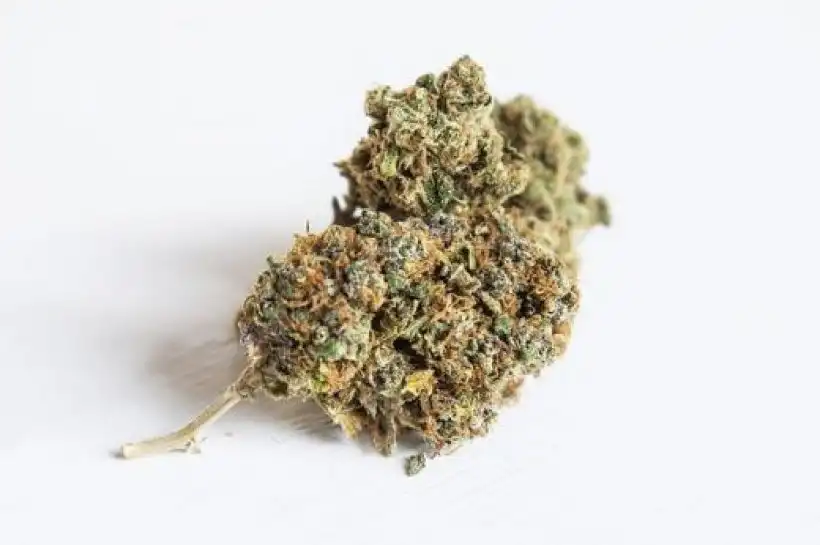
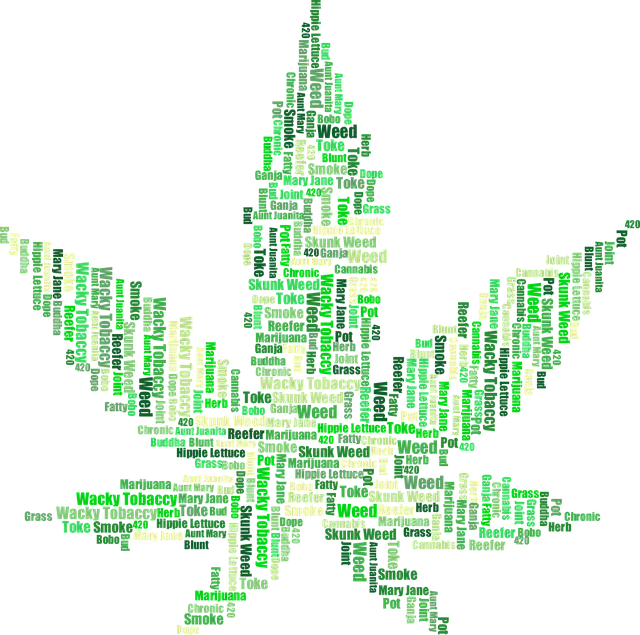
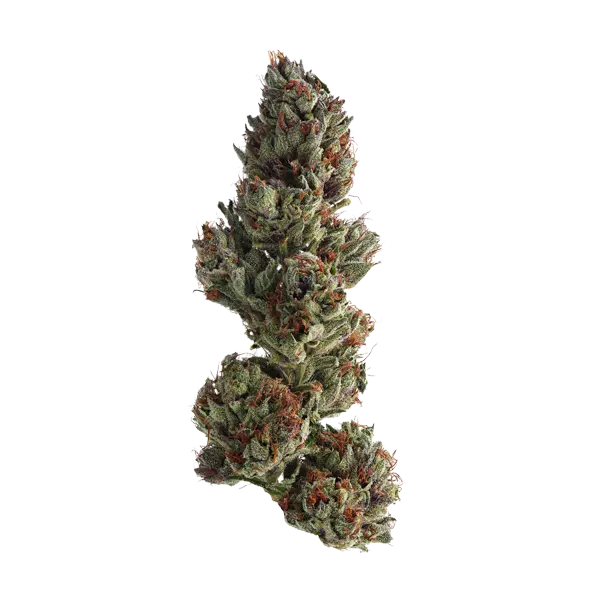
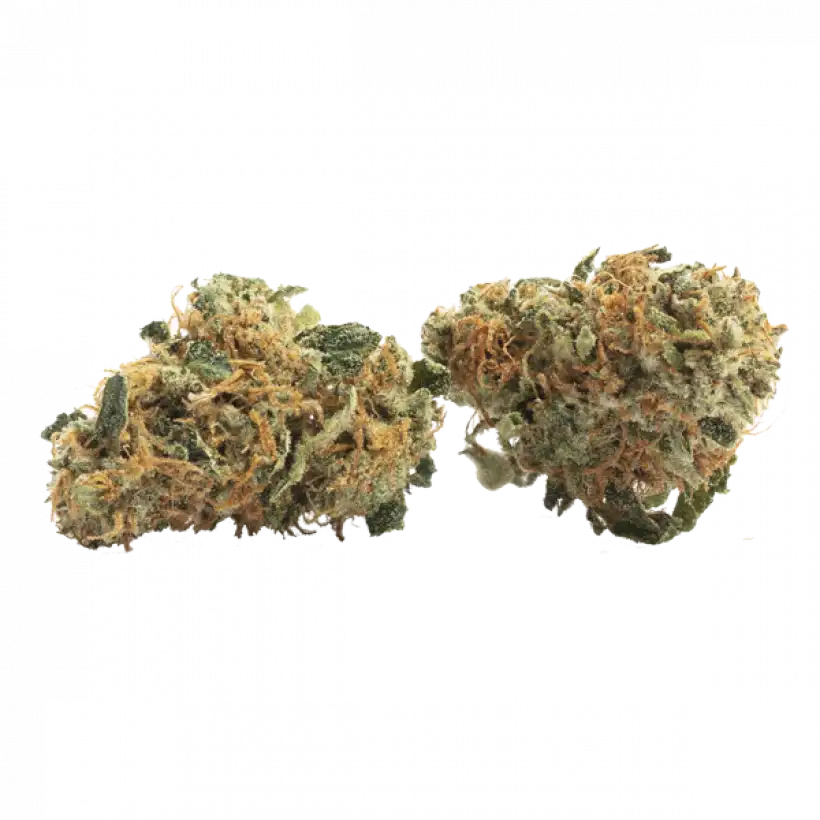
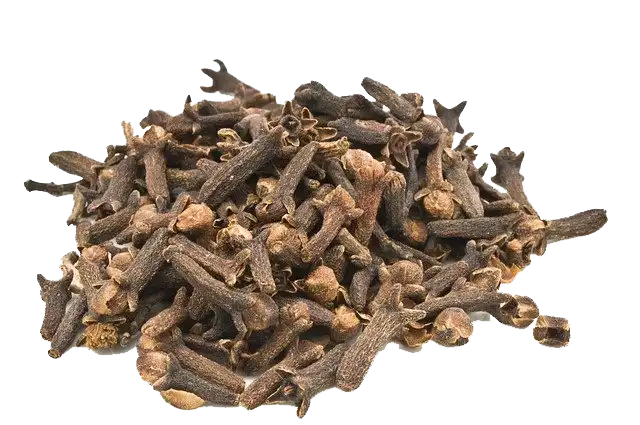
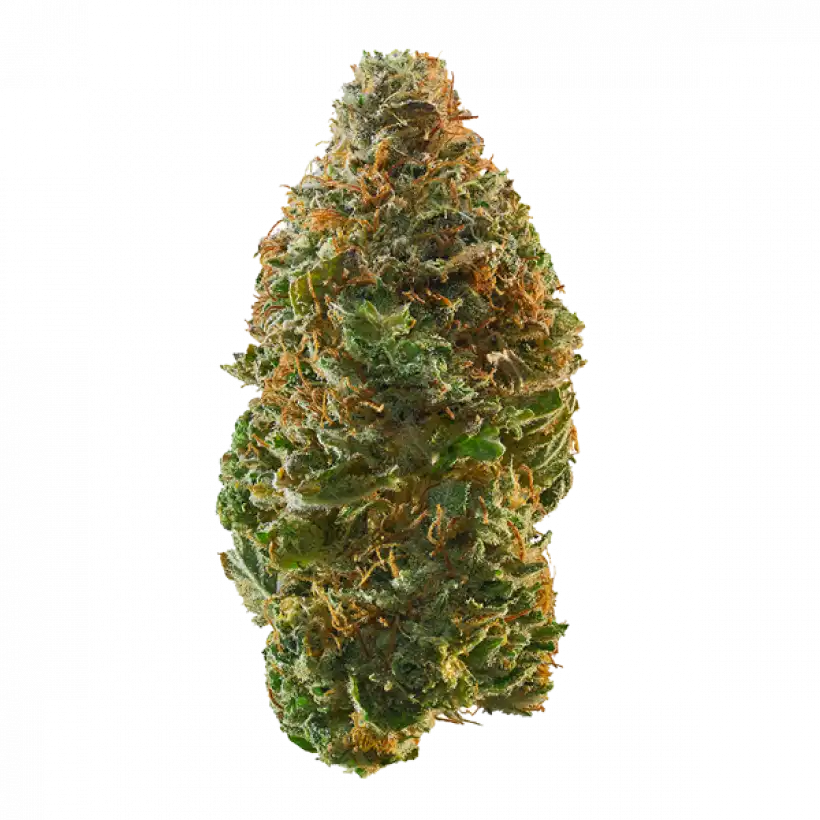
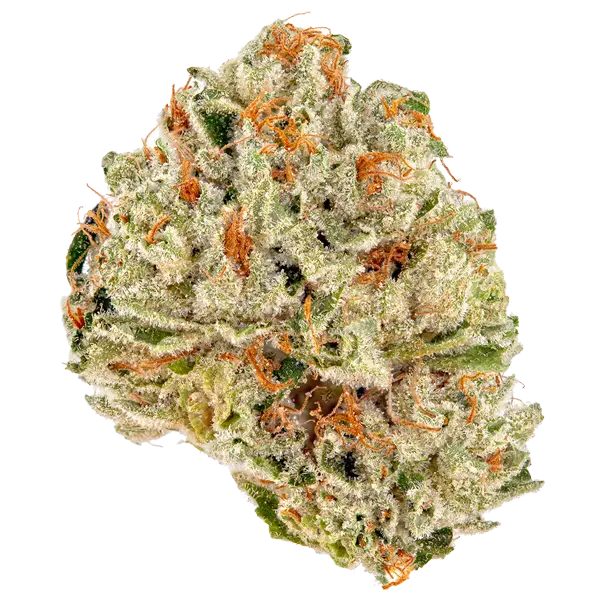
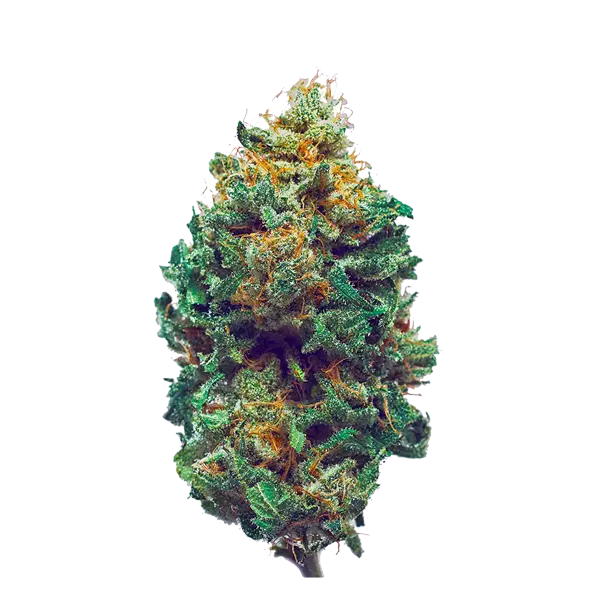
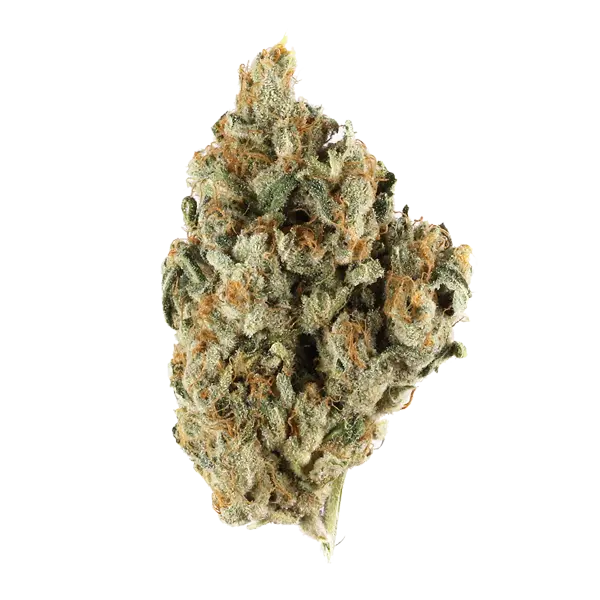
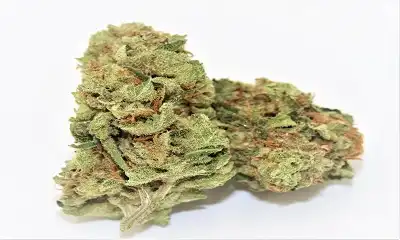
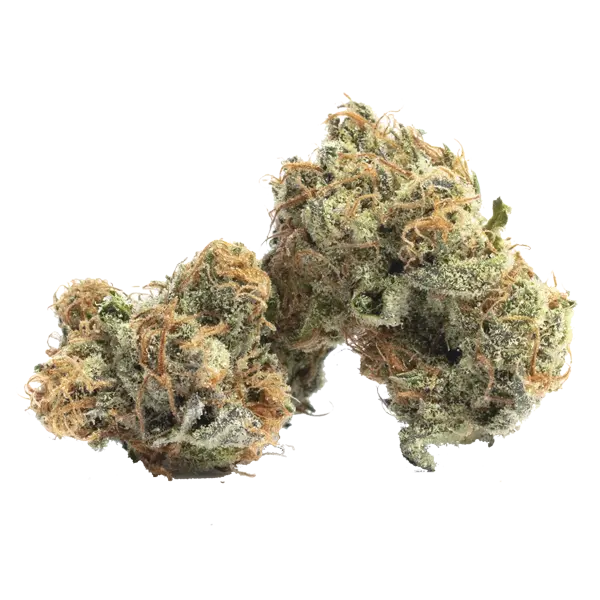
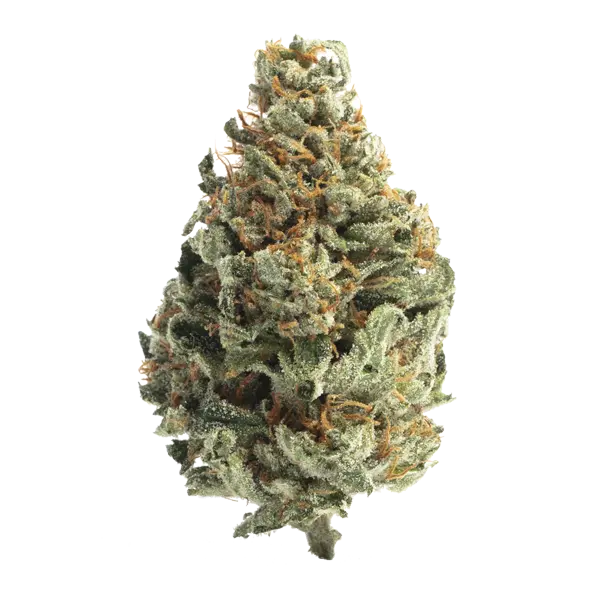
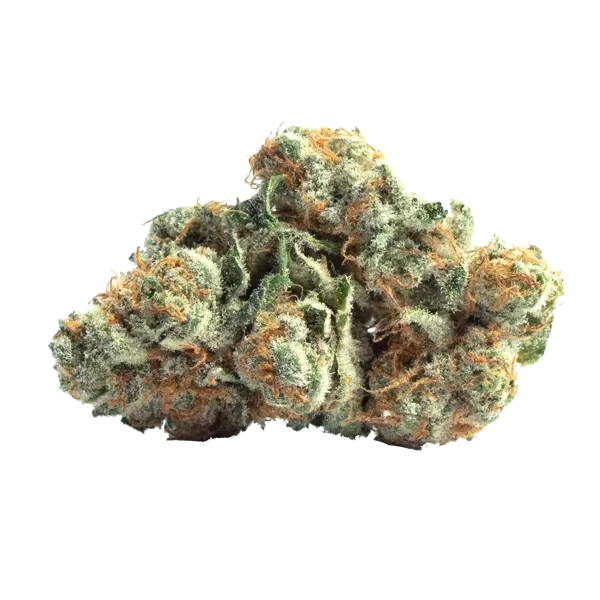
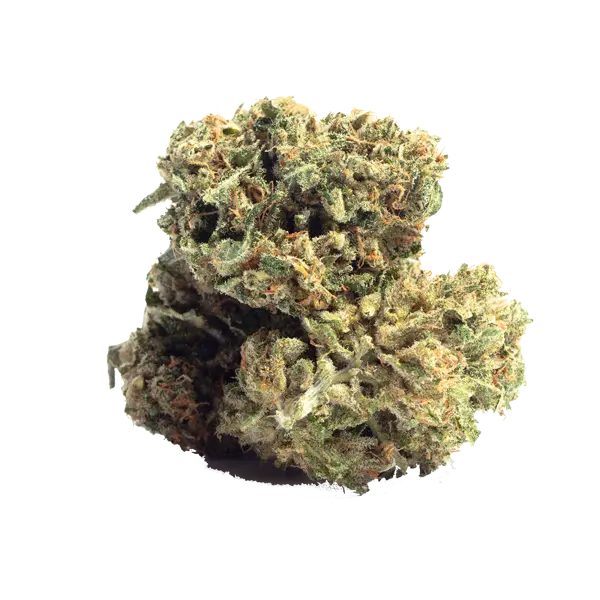
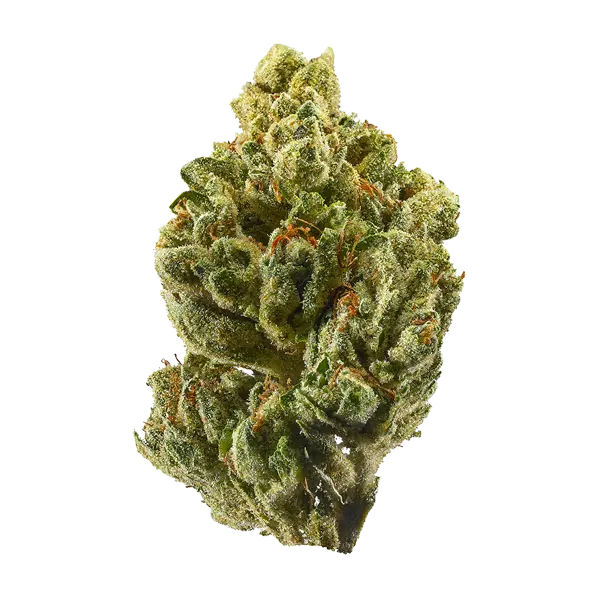
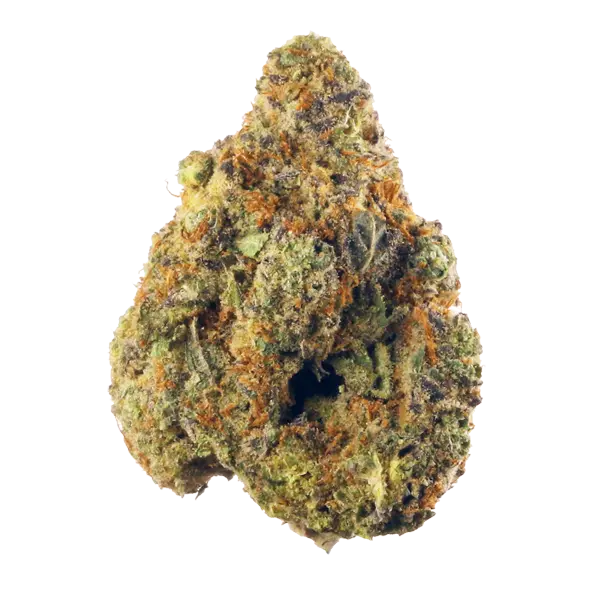
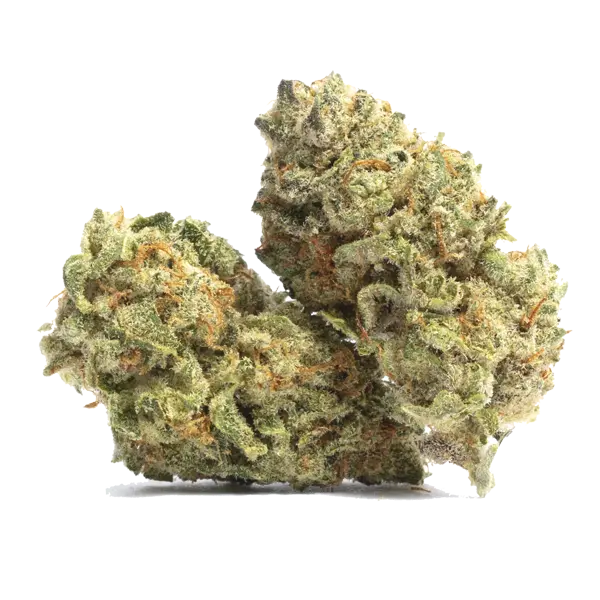
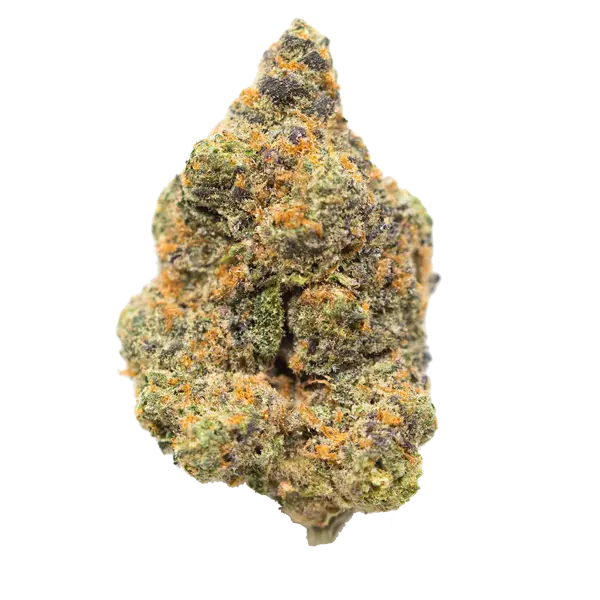
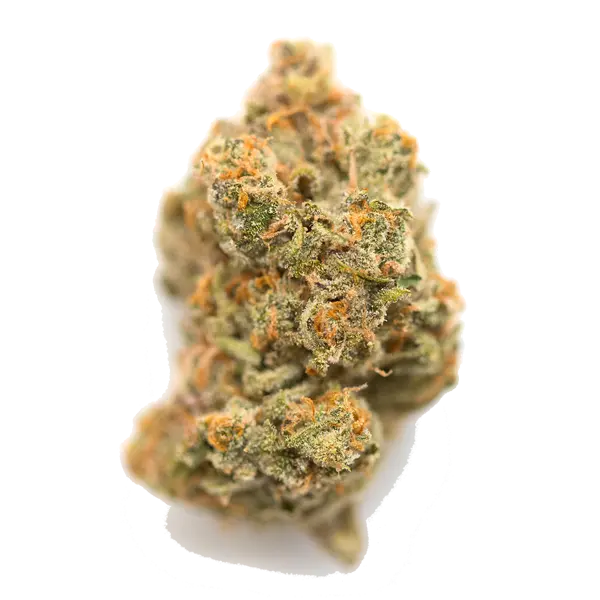
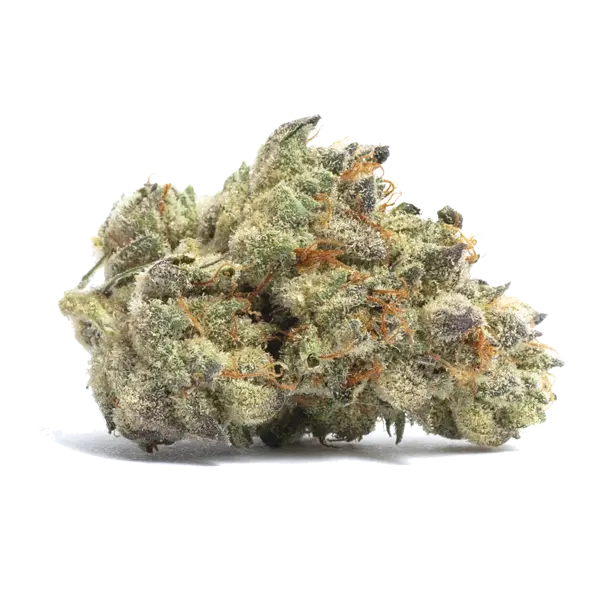
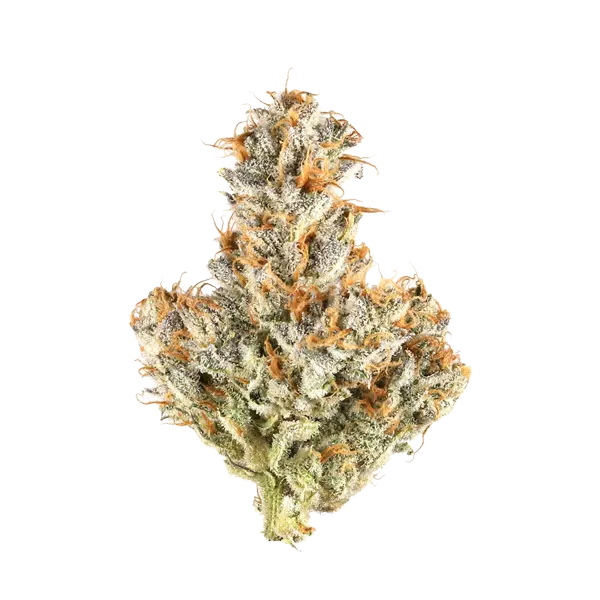


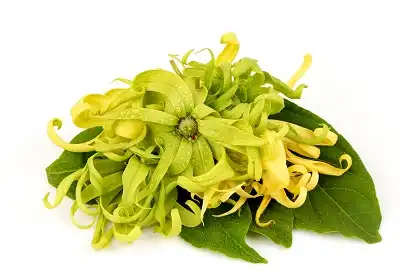
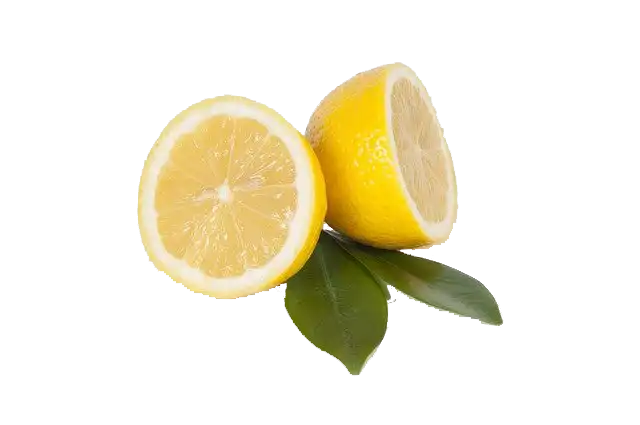


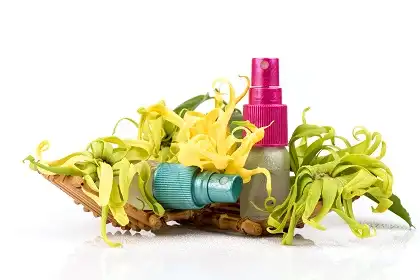


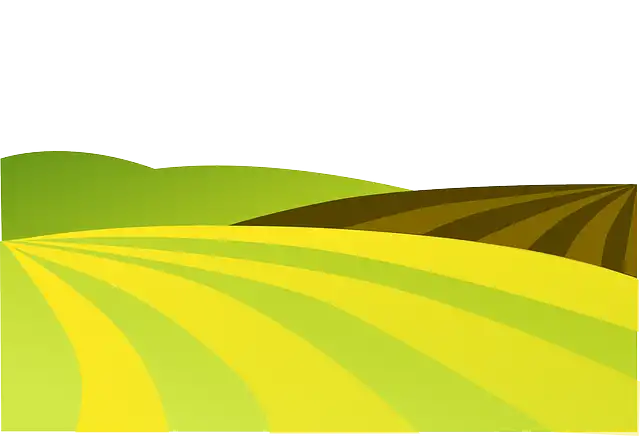
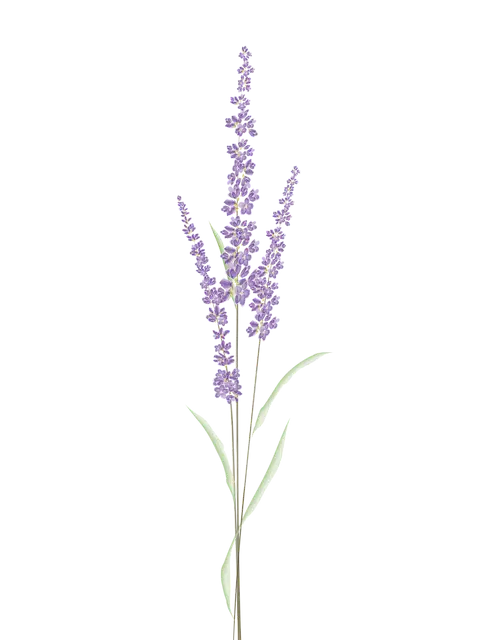
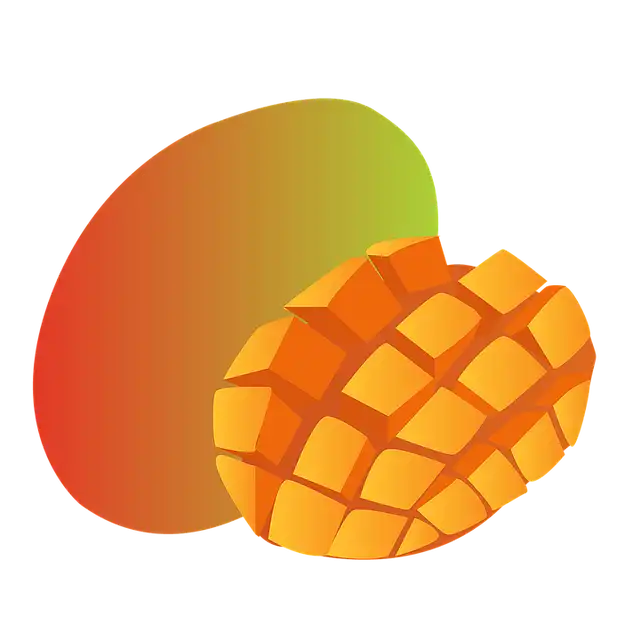
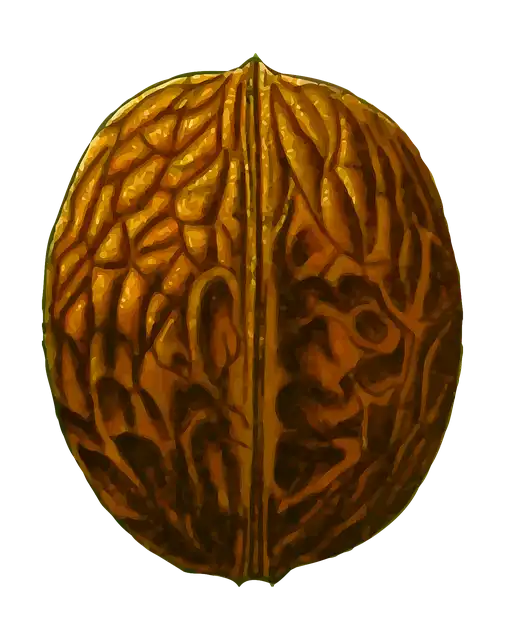
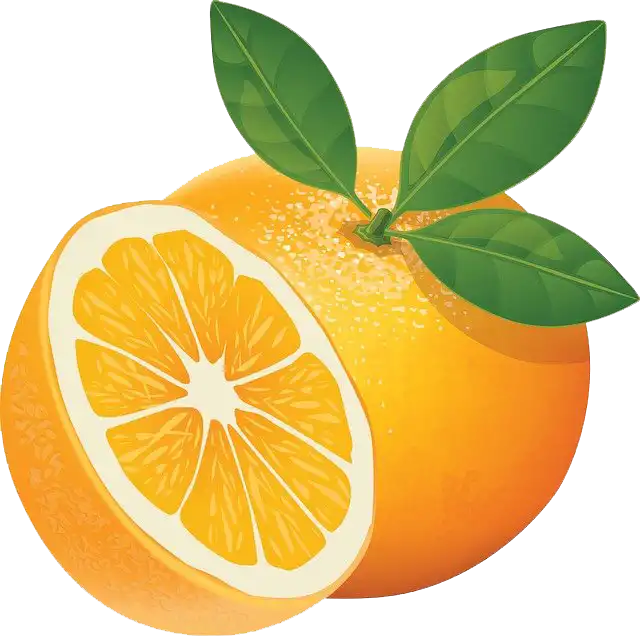
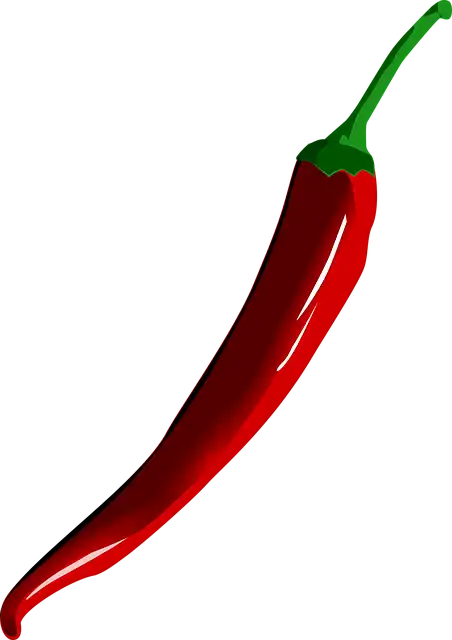


 History of Microdosing
History of Microdosing Sativex and Cannabis
Sativex and Cannabis








